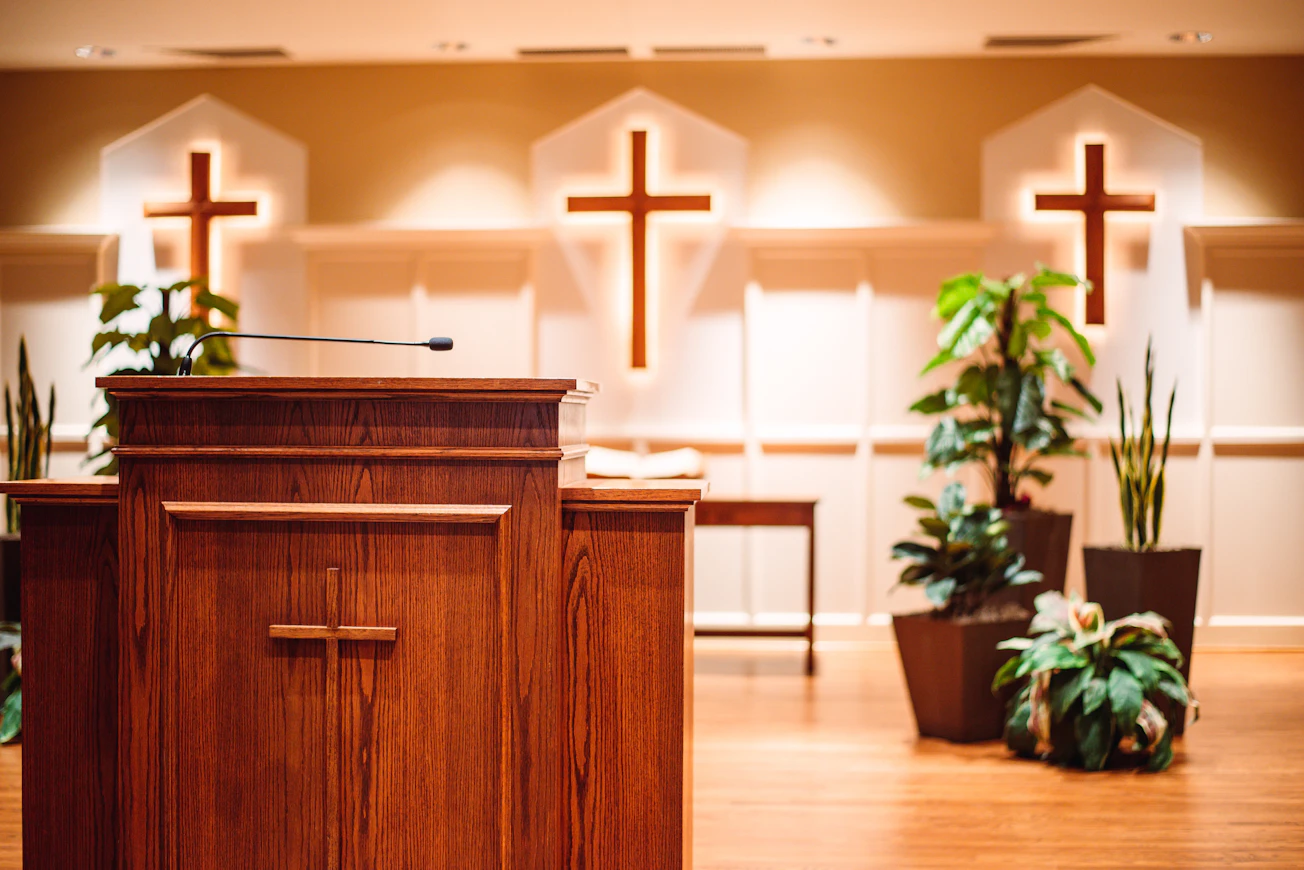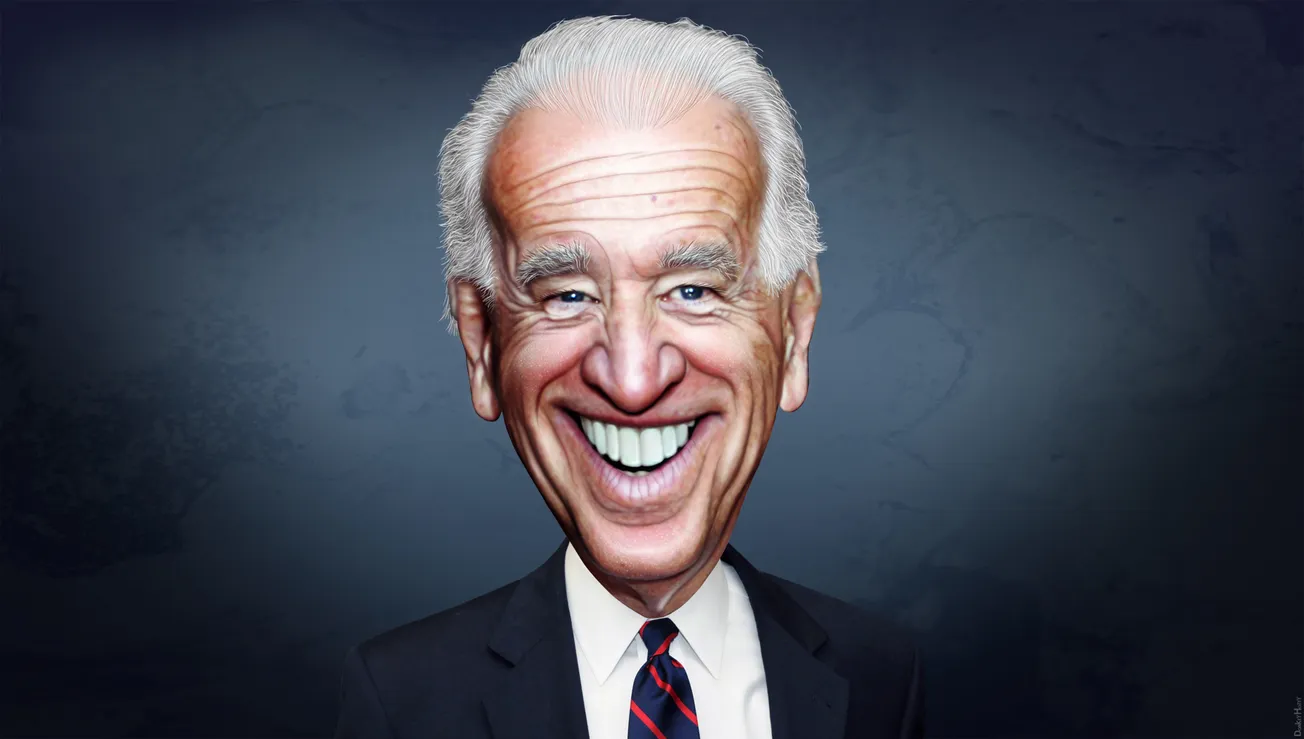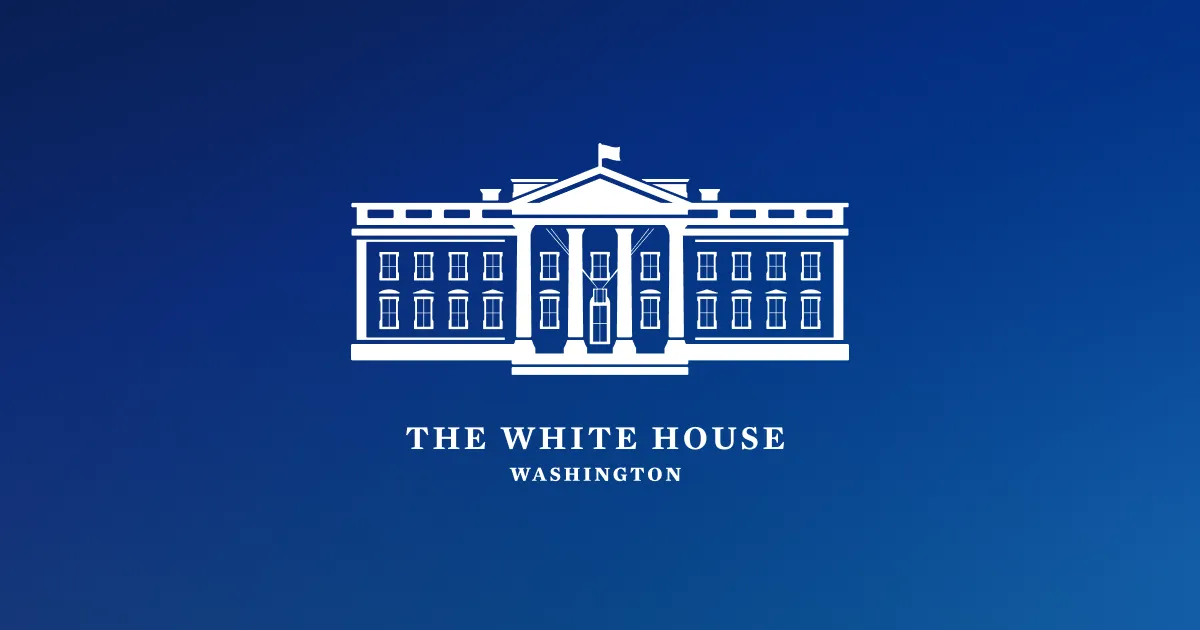We just cross-posted a story from ProPublica on churches across the country that are breaking the law by endorsing political candidates. The law is the Johnson Amendment, passed in 1954, that prohibits all 501(c)(3) non-profit organizations from endorsing or opposing political candidates.
So what does this mean for churches in Kentucky? Are there some that are breaking the law? Let’s talk about it.
Issues, but not candidates
While churches and other 501(c)(3) non-profits cannot endorse candidates, they CAN take positions on issues. However, this “issue advocacy” cannot be a “substantial” part of their activity.
A pastor that preaches a sermon on why church members should vote Yes on Amendment 2 is probably within the law. But, if that same sermon includes a single sentence that says “And Joe Smith is the candidate who agrees with us,” then that pastor has gone over the line.
Voter guides are another place where churches can run close to, or over, the line. Putting together a non-partisan list of issues and positions is an informational service churches and other non-profits can provide. But if the voter guide is obviously slanted, or if there are visual indicators on the guide as to which candidate or candidate’s position is “preferred,” then the guide is illegal.
ProPublica lists these actions that either are, or could be, violations of the Johnson Amendment:
- Endorsing candidates from the pulpit.
- Criticizing or praising candidates, politicians, or political parties during a religious sermon or function.
- Helping a candidate raise funds.
- Sharing campaign literature or posting signs.
- Publishing a voter guide (but see below).
- Hosting candidates.
The danger for churches
Because churches lose their non-profit status so infrequently — and even less so now that the IRS is strapped for resources — most people don’t realize what a big deal this can be.
First of all, for any year that the church is no longer a non-profit, it obviously becomes a for-profit entity. Therefore, all the money it received as donations becomes income, and income taxes are due on that money at every taxing level (federal, state, and possibly local).
So if, for example, a church takes in $500,000 in a year, the bill for the federal taxes would be about $100,000, with state taxes on top of that. For most churches with a budget of $500k, suddenly having to pay out $100k of that would be a significant hit.
But there’s more.
If the church is no longer a non-profit, then donations to it are no longer charitable donations. Every person who donated to that church in that year AND claimed those donations on their Schedule A would have to file an amended return and pay more in taxes themselves. Now there’s a jolly blurb in the church newsletter.
So why do churches and pastors do this anyway?
In spite of the obvious risk of endorsing candidates, some churches and their pastors do it anyway. The ProPublica investigation found a number of endorsements during sermons by watching the recorded services online.
In our own state, there have been numerous examples of pastors and pastors’ groups endorsing candidates:
- In 2015, gubernatorial candidate Matt Bevin got an endorsement from Kentucky Pastors in Action Coalition, and accepted the endorsement at a local church. They then turned around and also endorsed Hal Heiner.
- More recently, Brian Gibson, pastor of a church in Owensboro, not only spoke at a Washington January 5th rally in support of Trump, but then shared in a Sunday sermon about a bus tour he took to speak with other Trump supporters.
- And when Rand Paul announced his run for the presidency, he was introduced by Jerry Stephenson, pastor of Midwest Church of Christ in Louisville.
So why do these pastors choose to break the law? For some, it is a matter of “God’s law above man’s law.” For others, it is about freedom of speech. And frankly, for some it is just pure ego manifested as “I’m a man of God; you can’t touch me.”
But for still others, it is part of a larger vision of Christians, especially (or only) conservative ones, taking over and running the country. Called it Dominionism, or Christian Nationalism, or even Christo-Fascism, the movement believes that only Christians should be in charge of the government, and they are going to do what it takes to make that a reality.
Here at Forward Kentucky, we do not have the staff to find and watch tens or hundreds of sermons from churches across the state. Nevertheless, we are certain that this same practice of endorsing candidates from the pulpit is alive and well.
We regularly hear of churches where the pastor states emphatically “You can’t be a Christian and vote for a Democrat.” Wrapped up in that statement are other similar beliefs, such as “You can’t support rights for LGBTQ and be a Christian.”
The IRS is loathe to take on any church directly, so don’t expect any enforcement of the Johnson Amendment from them. So, in the reddest parts of our state — and even in some places not so red — pastors will continue to break the law from the pulpit. And will continue to use charitable donations to support political campaigns.
--30--
Have you heard a sermon that breaks the Johnson Amendment? If the sermon is viewable online, send a link to it to Tips@ForwardKY.com and we'll check it out.
Related Articles
— Churches are breaking the law by endorsing in elections. Experts say the IRS looks the other way.








